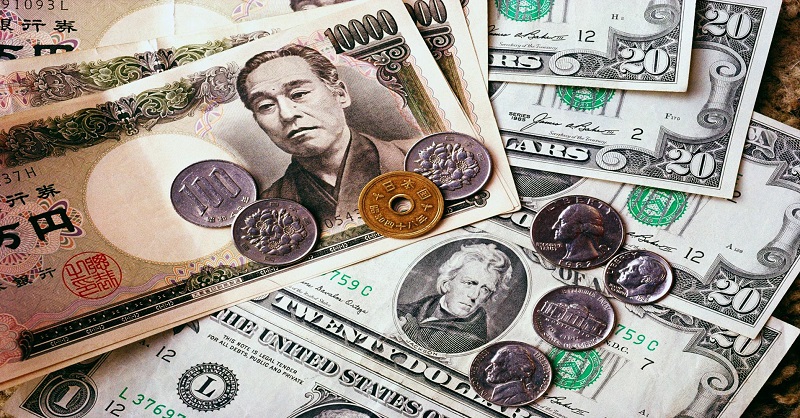Investors, though, can position ahead of any further additional stimulus measures through currency-hedged Japan country-specific ETFs. As the name suggests, a currency-hedged ETF strategy helps diminish the negative effects of a depreciating local currency against the U.S. dollar – if a foreign currency weakens against the USD, international investors would generate a lower USD-denominated return. The currency-hedged ETFs would essentially outperform non-hedged funds when the foreign currencies depreciate against the U.S. dollar, but the opposite would also be true if the foreign currency appreciates.
The WisdomTree Japan Hedged Equity Fund (NYSEArca: DXJ), iShares Currency Hedged MSCI Japan ETF (NYSEArca: HEWJ) and Deutsche X-trackers MSCI Japan Hedged Equity ETF (NYSEArca: DBJP) have been go-to options to access Japanese equities markets while hedging against foreign exchange risks. The weakening yen could also bolster these investment options as the three hedged Japan ETFs all track large Japanese companies, which include exporters that benefit from a weak yen.
Related: Japan ETFs Surge on Stimulus Bets After Ruling Bloc’s Landslide Election Win
Regarding USD/JPY, “With prices touching the lower band and short-term move on the daily chart, we are thinking ahead. It will probably take a while for the yen to reverse direction looking at past turns, but we like to be prepared and early to the party rather than late,” according to TheStreet.
CurrencyShares Japanese Yen Trust
